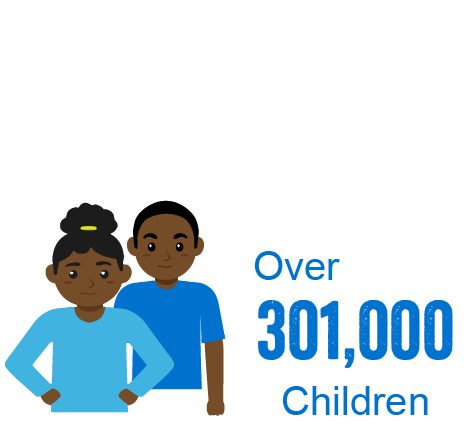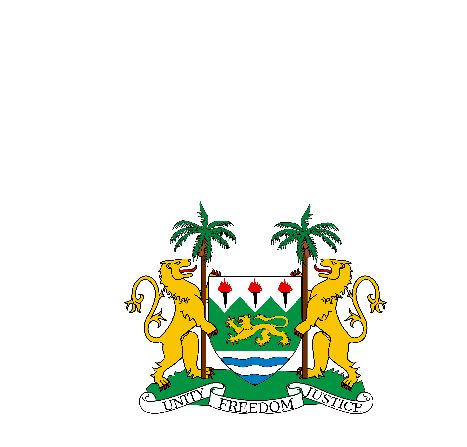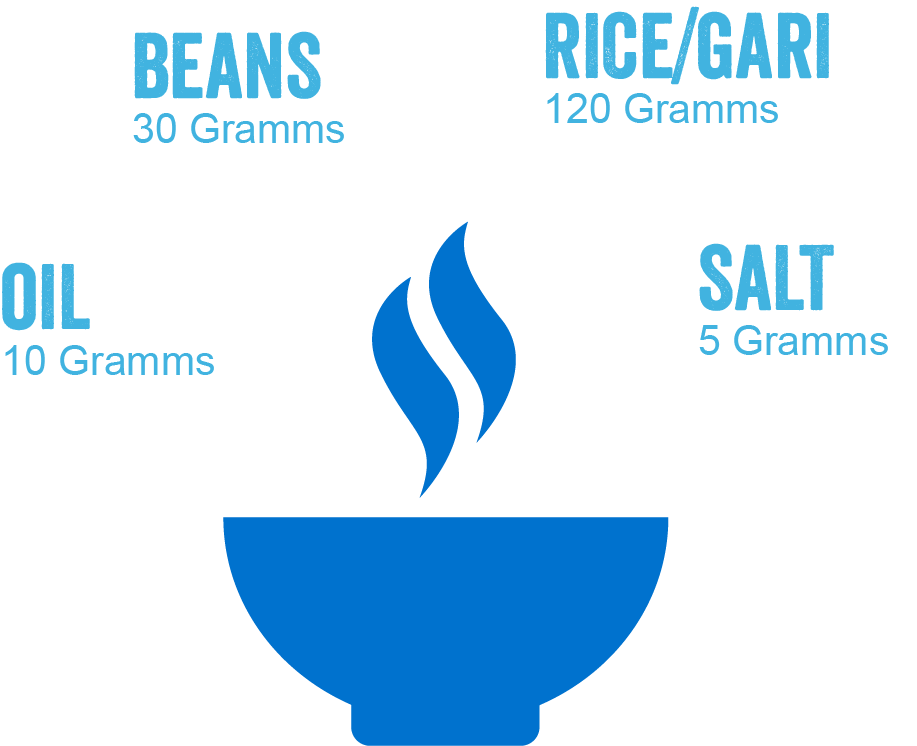From school leavers to star teachers
Eunice, Kumba, and 200 other young women have been catching up on the learning they missed and have become certified as schoolteachers with real-life classro…
The Ministry of Basic and Senior Secondary Education, the Government of Sierra Leone and Plan International are working together to provide daily, free school meals for children across Sierra Leone.
The school feeding programme supports over 1,300 pre and primary schools in 6 districts in Sierra Leone. This means over 301,000 children including 152,500 girls receive school meals at lunchtime. Thanks to the funding from the Government of Sierra Leone, through the Ministry of Basic and Senior Secondary Education, it creates a social safety net for vulnerable children, families, and communities, increasing children’s access to education.
Through the project, we focus on girls’ right and access to education through gender equality and child protection initiatives. All our work adheres to our global safeguarding policy.



The results of a nationwide nutrition survey undertaken by Action Against Hunger and the Ministry of Health and Sanitation in Sierra Leone indicate chronic malnutrition remains high across the country, leading to stunting in more than 30% of children.
Studies undertaken worldwide recognise that if stunting is not prevented in the first 2 years of life, the effects on children’s cognitive, communication and learning development are irreversible.
By providing children with a free, nutritious, daily meal, the school feeding programme is boosting children’s health and giving them the energy needed to make the most of their education and follow their ambitions.

Through the school feeding programme, every child receives a daily meal that includes rice or gari, beans, oil and salt.
In some of the districts, gari is a better choice than rice because it is locally produced. For example in Bo district, gari is a frequent staple. This also makes the project more sustainable and lowers the cost, as gari is cheaper than imported rice.
This approach aligns with the National School Feeding Policy (2021) which focuses on improving the health status of children through home-grown initiatives. It is also beneficial for farmers, as they benefit from a steady income.
The Integrated School Feeding Project Brief
786 kb
If you see corruption, theft, or abuse, do not wait; report it immediately. Call or text 511—help us interrupt those that are corrupt! No data is needed, there are no costs and messages are confidential.

 Thank you to the Government of Sierra Leone and the Ministry of Basic and Senior Secondary Education.
Thank you to the Government of Sierra Leone and the Ministry of Basic and Senior Secondary Education.